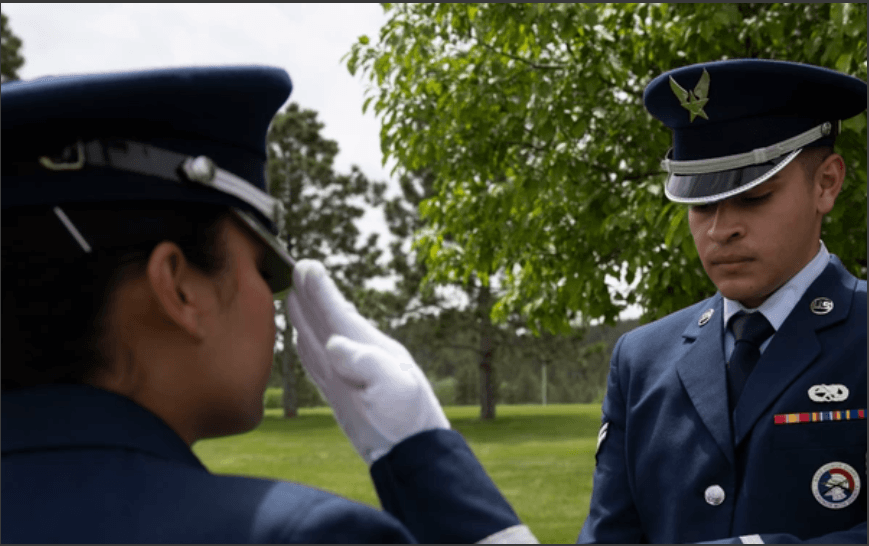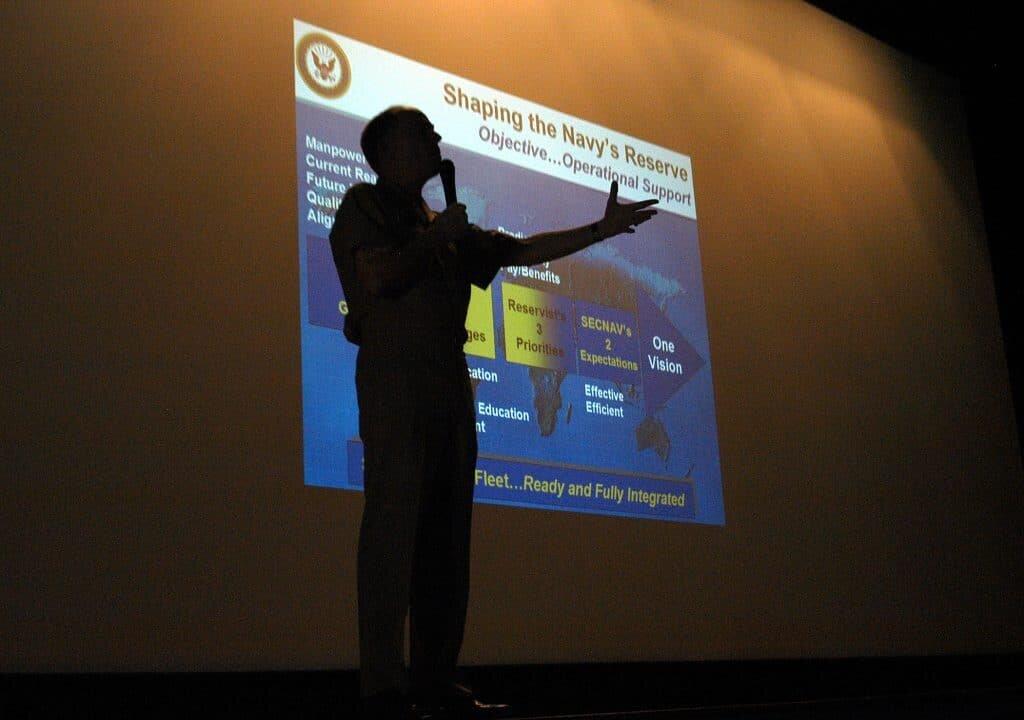So I asked Chat GPT, “What is a ‘nonner’ in the USAF?” and this is what I got back.

Airman 1st Class Dianne Rivera stands in front of Space Base Delta 1's Headquarters at Peterson Space Force Base, on May 17, 2023. Rivera works in finance, helping to keep SBD1 on budget and its Airmen paid. U.S. Air Force Photo by Emily Peacock
Dave Chamberlin served 38 years in the USAF and Air National Guard as an aircraft crew chief, where he retired as a CMSgt. He has held a wide variety of technical, instructor, consultant, and leadership positions in his more than 40 years of civilian and military aviation experience. Dave holds an Airframe and Powerplant license from the FAA, as well as a master's degree in aeronautical science. He currently runs his own consulting and training company and has written for numerous trade publications. His true passion is exploring and writing about issues facing the military, and in particular, aircraft maintenance personnel.
Author’s Selected Articles



